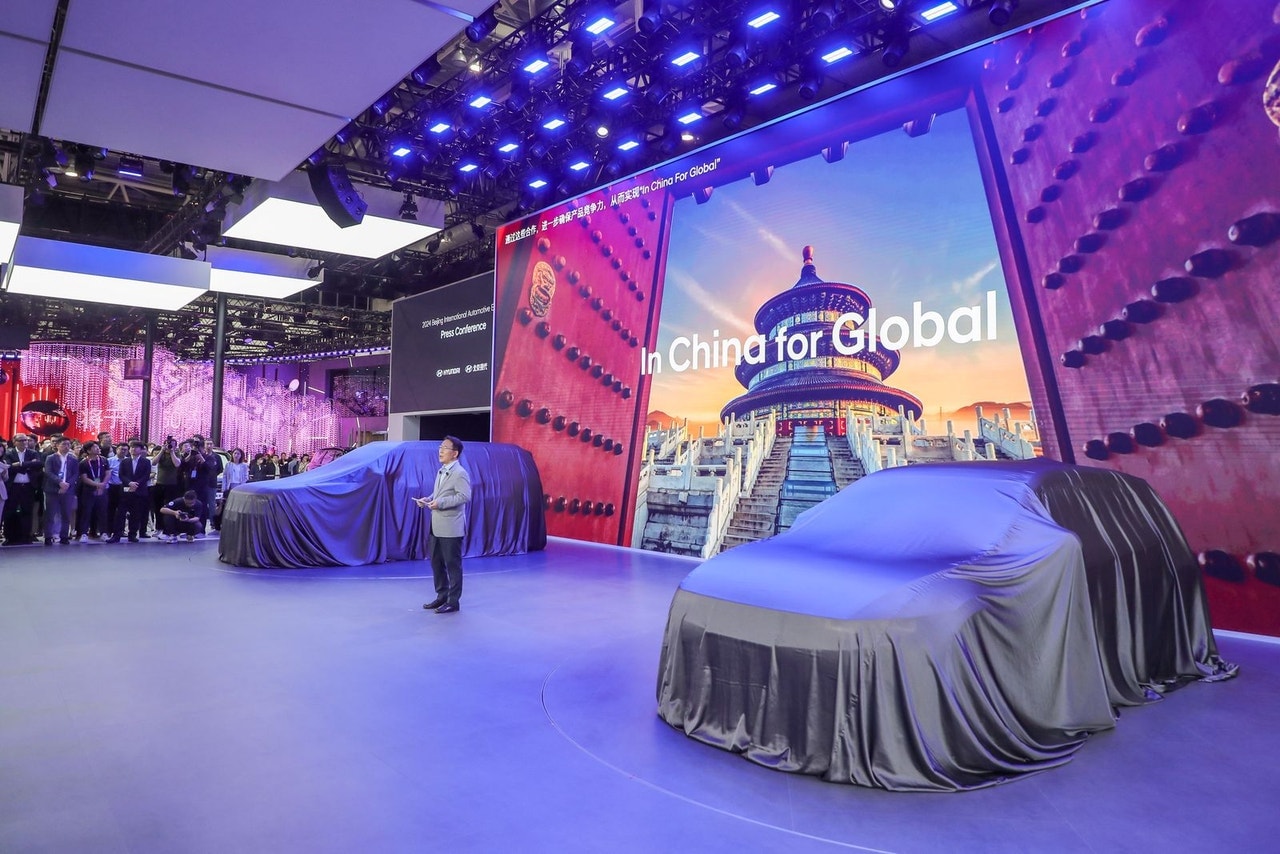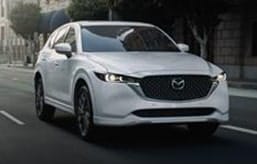- Today during its 2024 CEO Investor Day, Hyundai announced a new powertrain that bridges the difference between hybrid and all-electric setups.
- The automaker will launch new SUVs with this new powertrain for both Hyundai and Genesis brands in the North American market.
- This new extended-range EV is expected to go over 559 miles on a full charge.
Hyundai Announces Plans for Range-Extended Electric SUV
Touting 559 miles of range, the upcoming Hyundai SUV is a smart answer for those hesitant to buy EVs
Some automakers have returned to a focus on hybrid powertrains as sales growth of the EV market seems to be at a plateau for now. Financial firm Morgan Stanley reported that U.S. sales of hybrids grew five times faster than EV sales in February, and it makes sense. Customers seeking more fuel efficiency but aren’t ready to go all-electric are flocking to hybrids instead, and the industry is responding in kind. Hyundai understands the assignment, announcing today that it’s developing a new EREV (extended-range electric vehicle) capable of traveling over 559 miles between charging sessions.
Although the SUV in development will be equipped with an internal combustion engine and two electric motors, the EREV works more like an EV than a hybrid or plug-in hybrid because the engine is used solely to charge the battery.
Am I Ready for an EV?
- EV ownership works best if you can charge at home (240V outlet)
- Adding a home charging system is estimated to cost $1,616 in
- Edmunds is partnering with Treehouse, an independent provider of home EV installation services. Learn more about the installation services partnership
If you’re confused about how all of these disparate powertrains operate, here’s a quick primer. An EV like the Hyundai Ioniq 5 relies on electric power alone, requiring charging at home or at public charging stations. A hybrid setup leans heavily on the gas-powered engine, using the electric motors to increase efficiency. A plug-in hybrid — or PHEV —uses a larger battery pack than a hybrid, and the pack's greater capacity means you can plug it in for 10-50 miles of EV driving before the gas engine kicks in. The gas engine can also drive the wheels and provide more power should you need it.
An EREV is similar to a PHEV in that it employs both electric motors and a gas engine, with two differences: The battery is typically large and the engine relatively small, and the engine doesn't drive the wheels itself. The internal combustion engine acts as a generator, kind of like a mobile charging station, and recharges the battery on the go.
Ram’s 1500 Ramcharger pickup truck will operate in this vein, using a 92-kilowatt-hour battery pack, and it's estimated to achieve an incredible 690 miles of range. Ram says its Pentastar 3.6-liter engine generates mechanical power, which is converted to electrical power by the onboard generator. BMW has also dabbled in EREVs with its i3, which was powered by a motor with up to 181 hp. When the range-extender model exceeded its 126-mile range, a 0.6-liter two-cylinder scooter engine could tap into a roughly two-gallon fuel tank and provide up to 200 miles of total range.
In no way does this new EREV mean that Hyundai is abandoning its ambitious plan to sell 2 million EVs by 2030. In total, Hyundai is striving for 5.55 million annual global sales by 2030, which is a 30% increase over last year.
“[Hyundai] is actively responding to customer preferences, recognizing that while EVs are the future of transportation, not all customers are ready to make the switch. Hence, it continues to offer a range of powertrains, including ICE, hybrids, plug-in hybrids, EVs and hydrogen fuel cell vehicles,” Hyundai stated in a release today. “This vehicle serves as a key bridge to electrification.”
Hyundai says it will begin production of the new EREV in North America by the end of 2026 with sales starting in 2027. In the North American market, the company will initially launch large SUV models for both Hyundai and Genesis brands.
Edmunds says
Brilliant move, Hyundai. An SUV with a range of 500-plus miles is a smart way to bridge the gap until the EV charging infrastructure catches up to demand.





 by
by  edited by
edited by